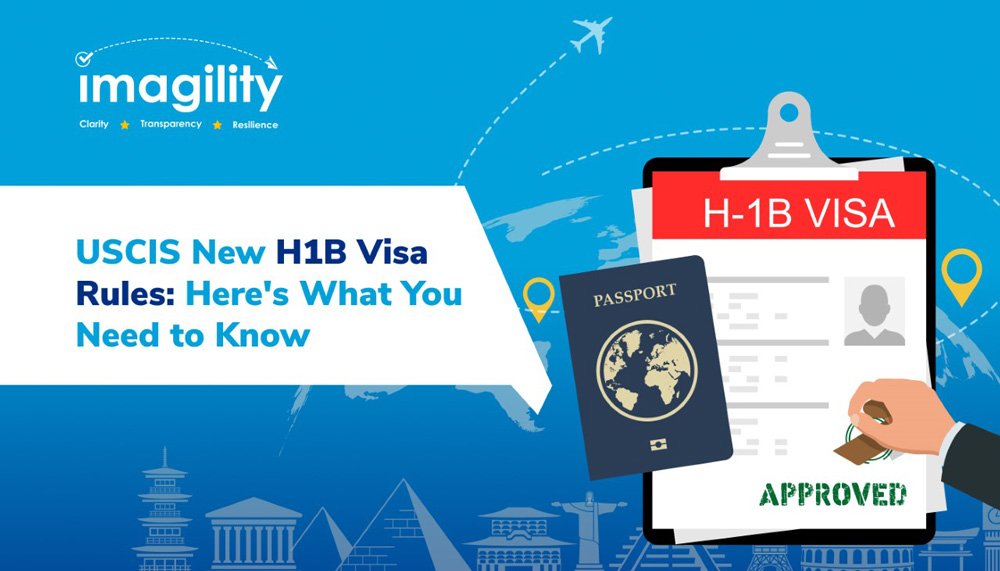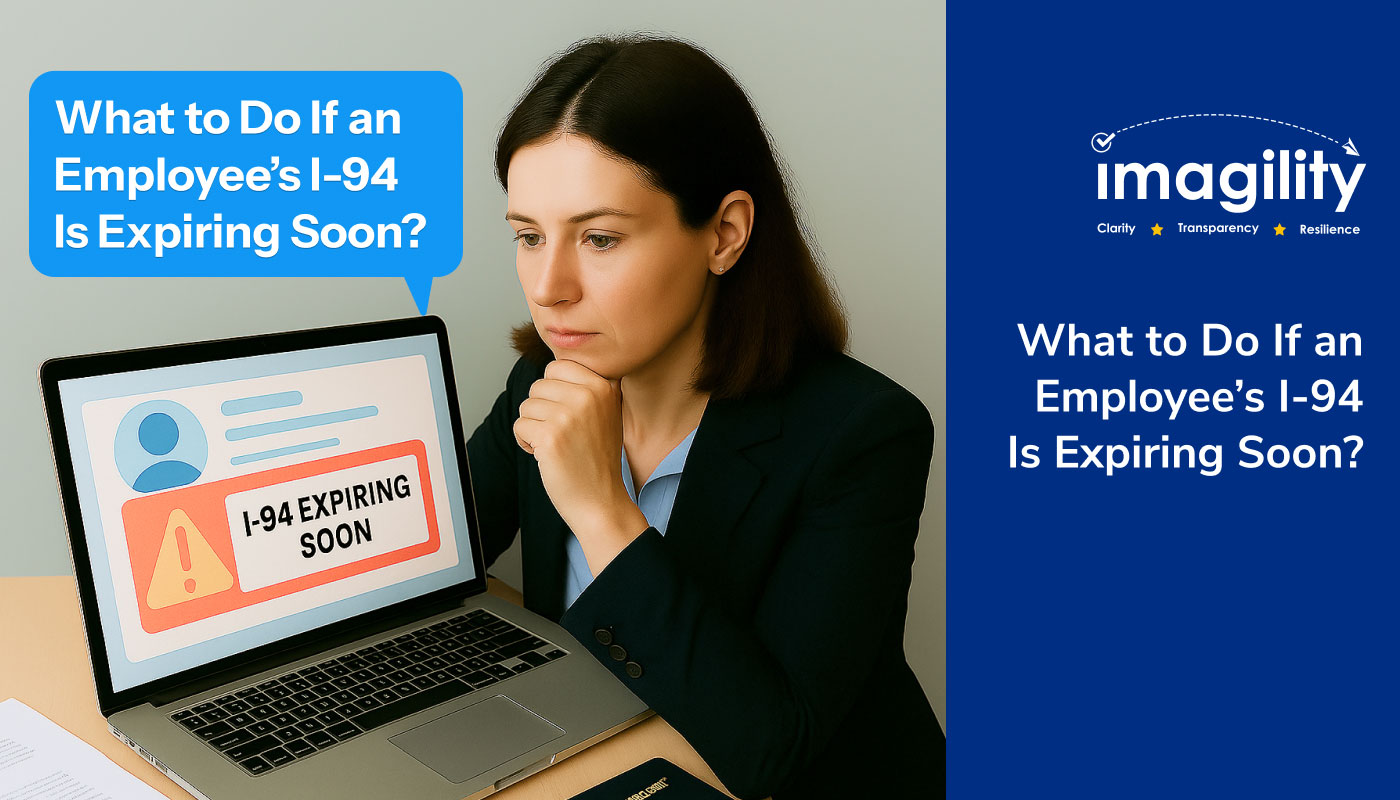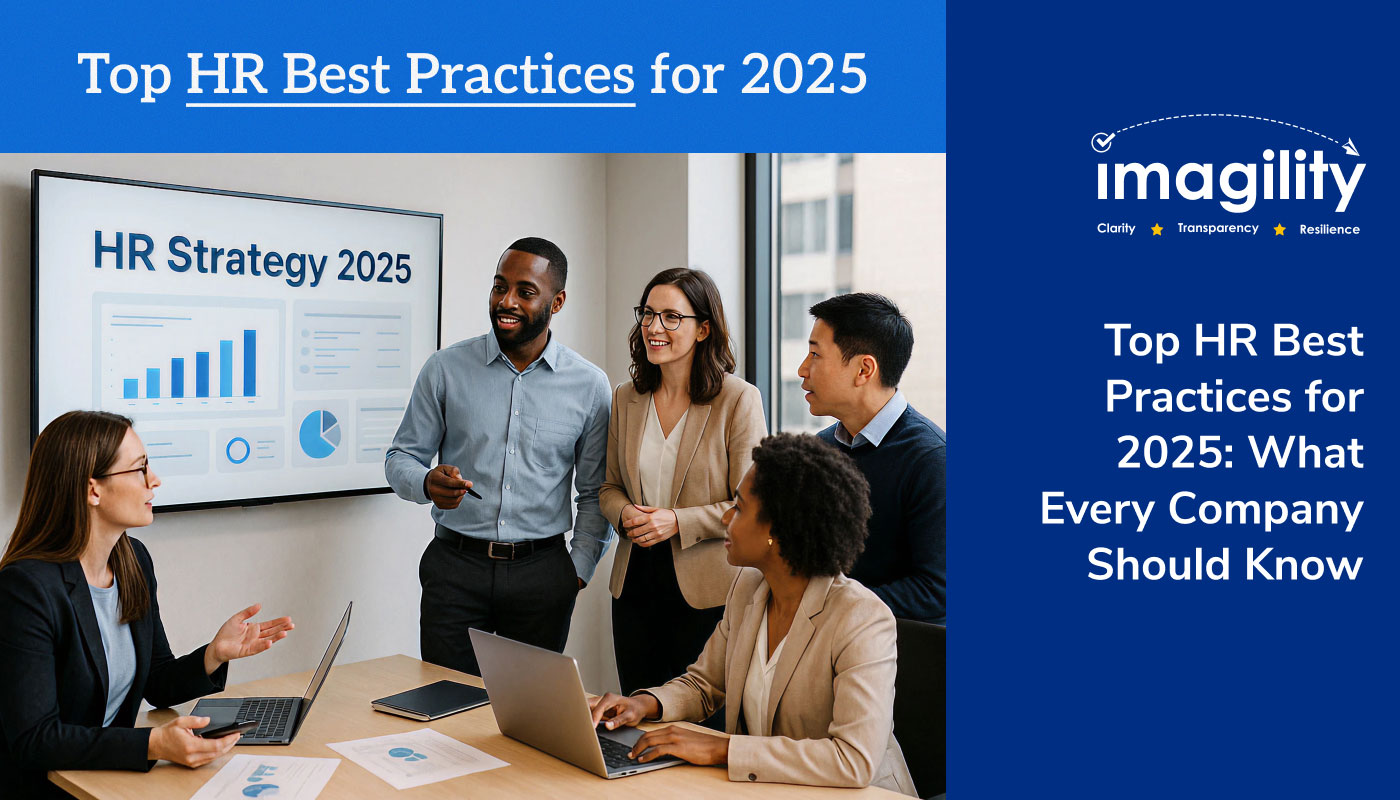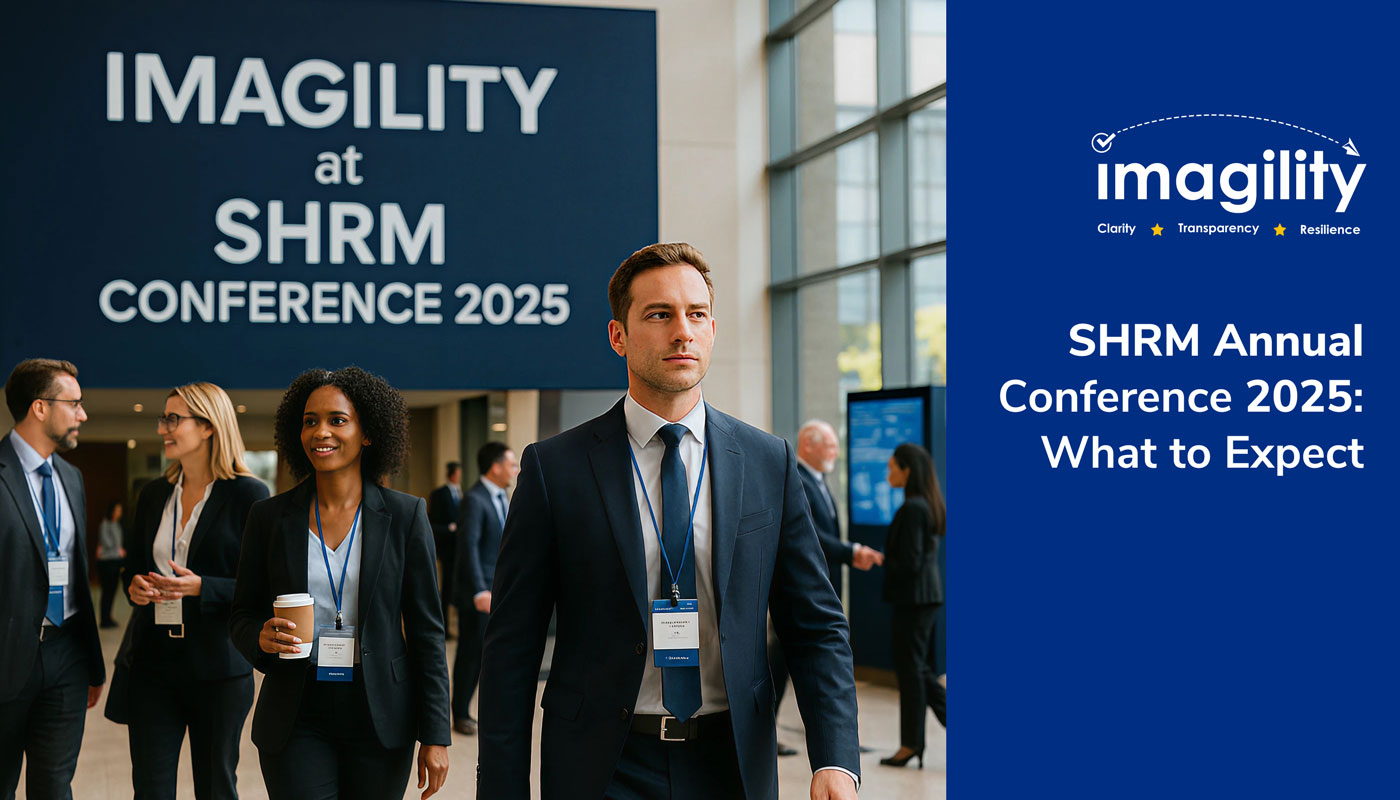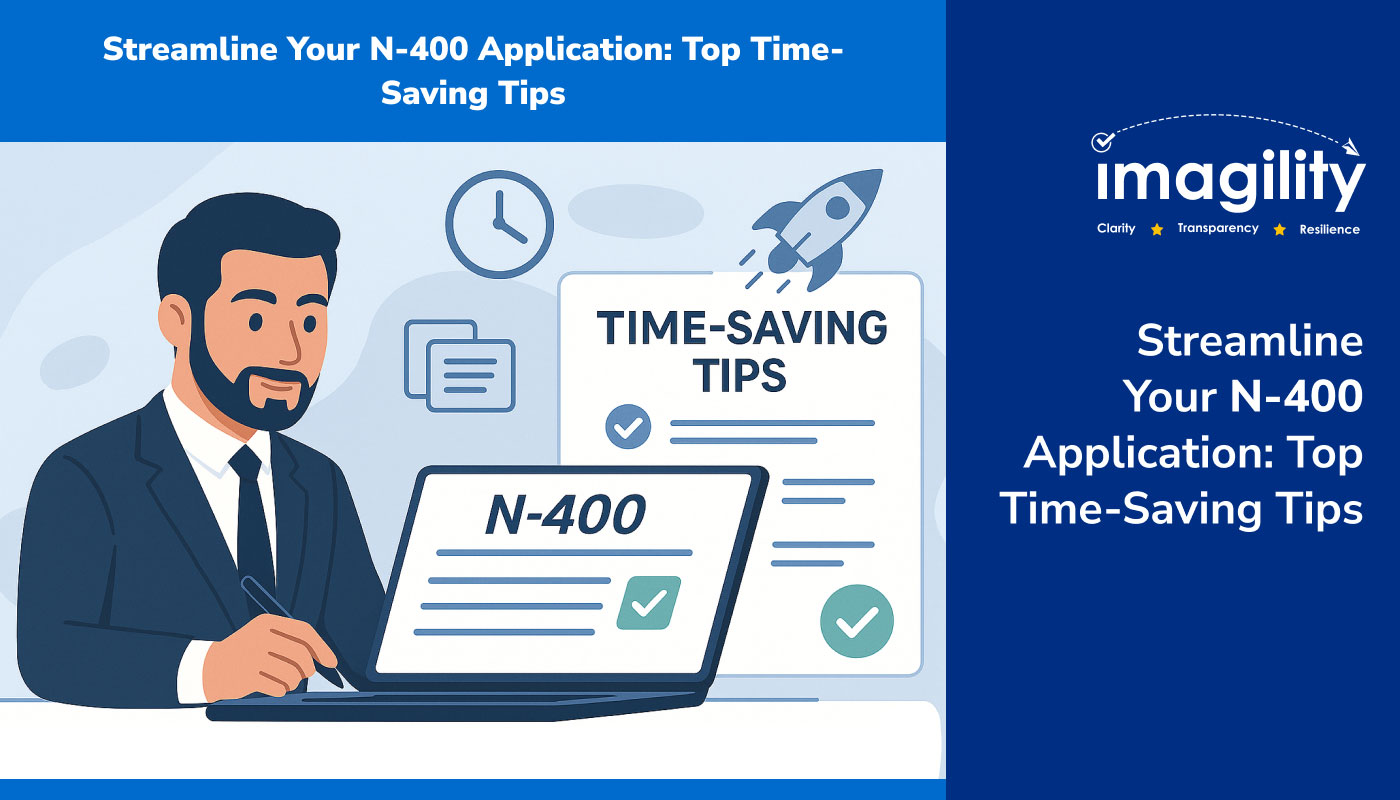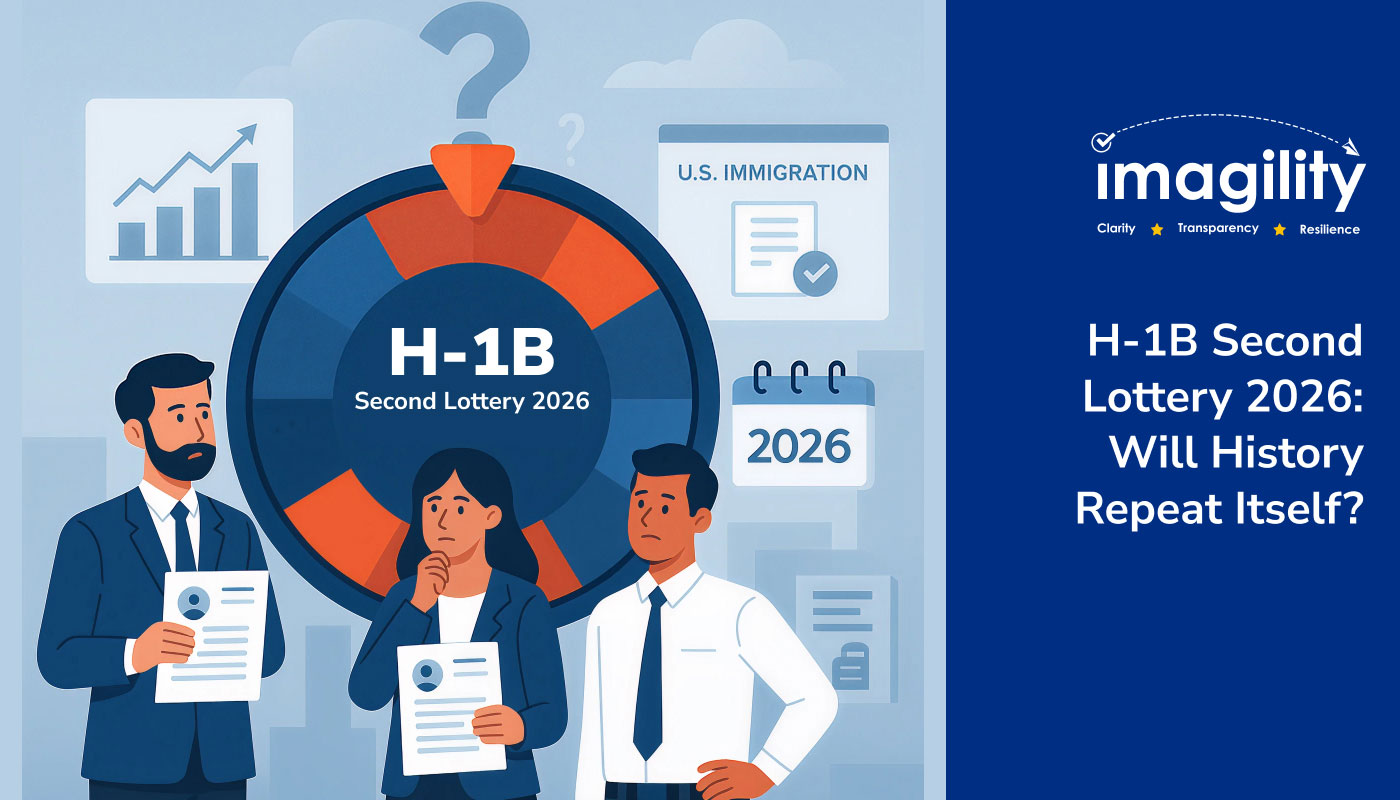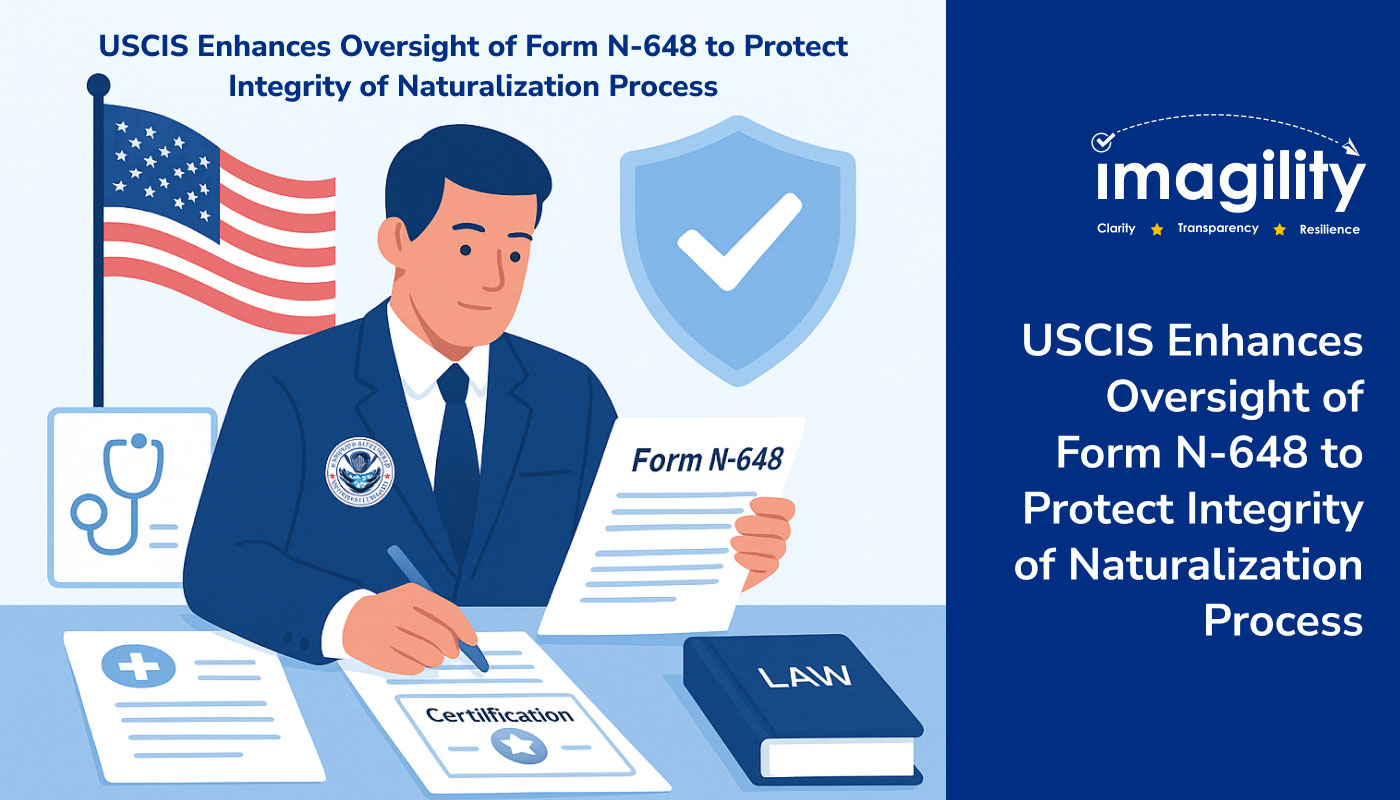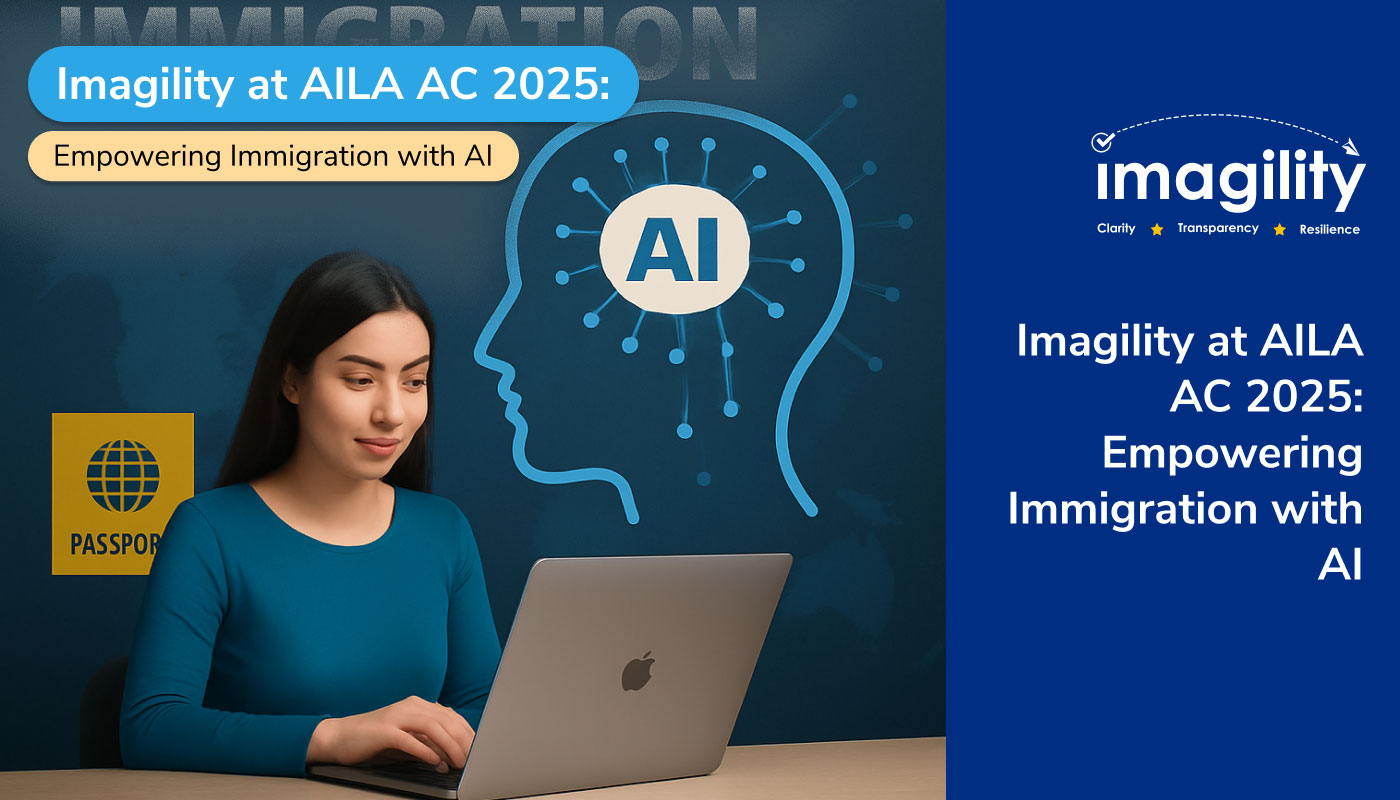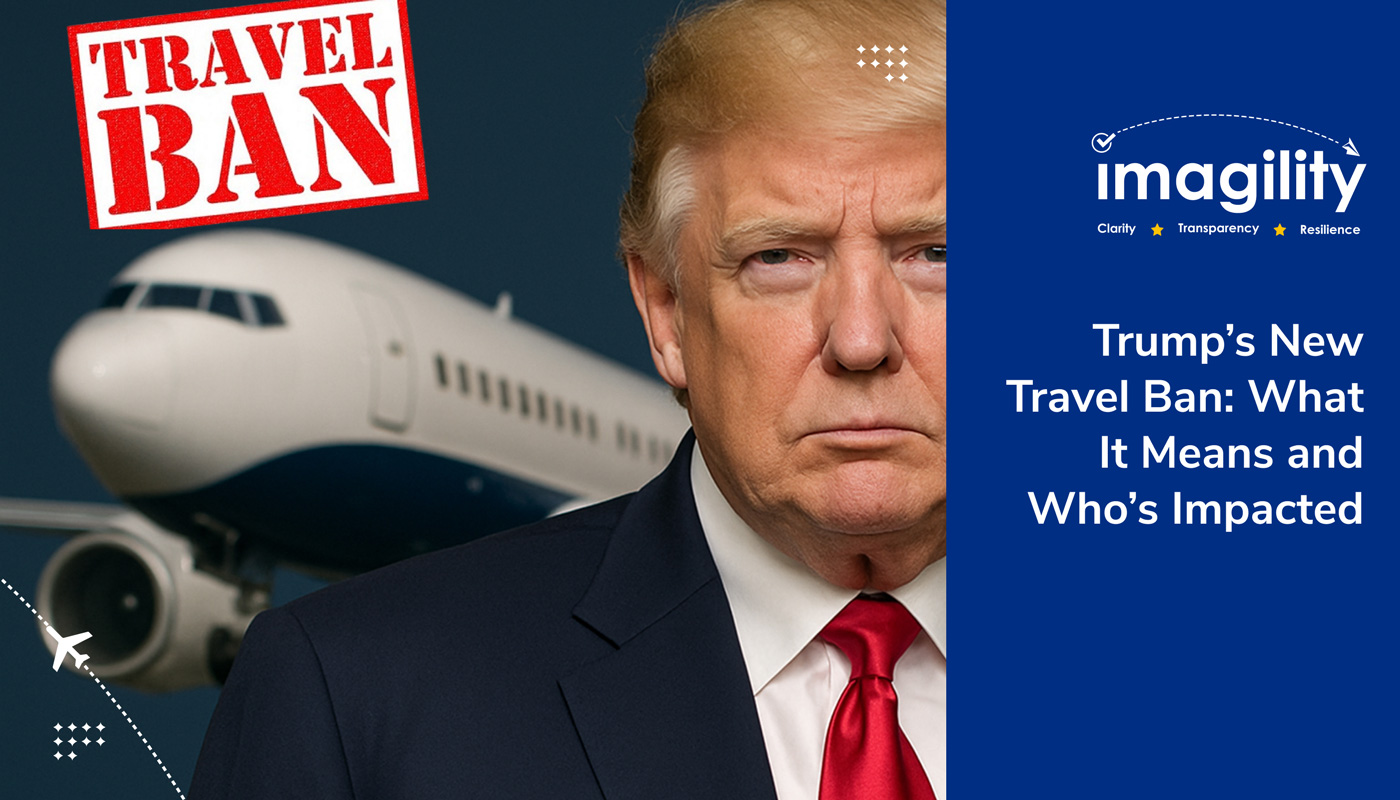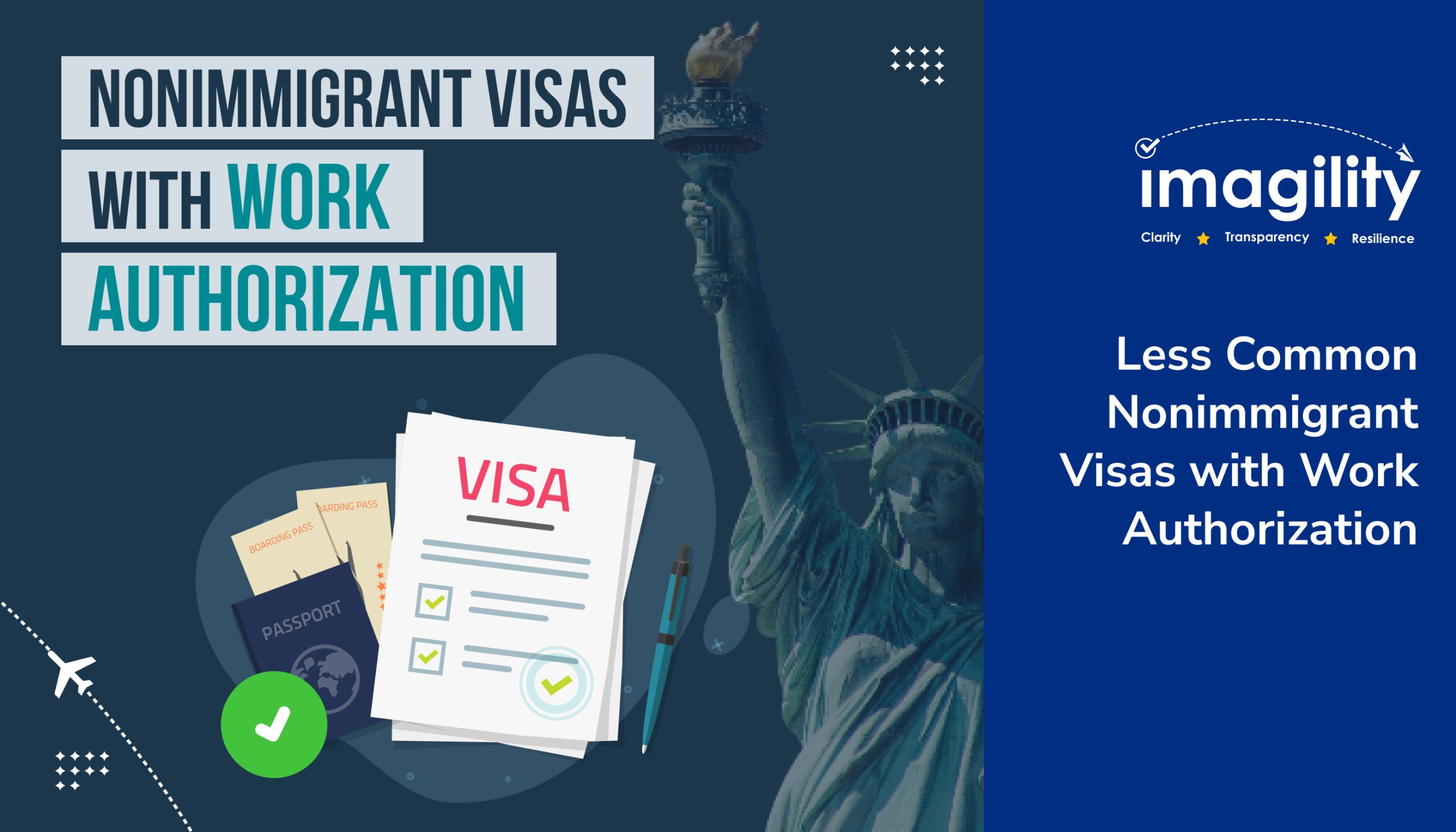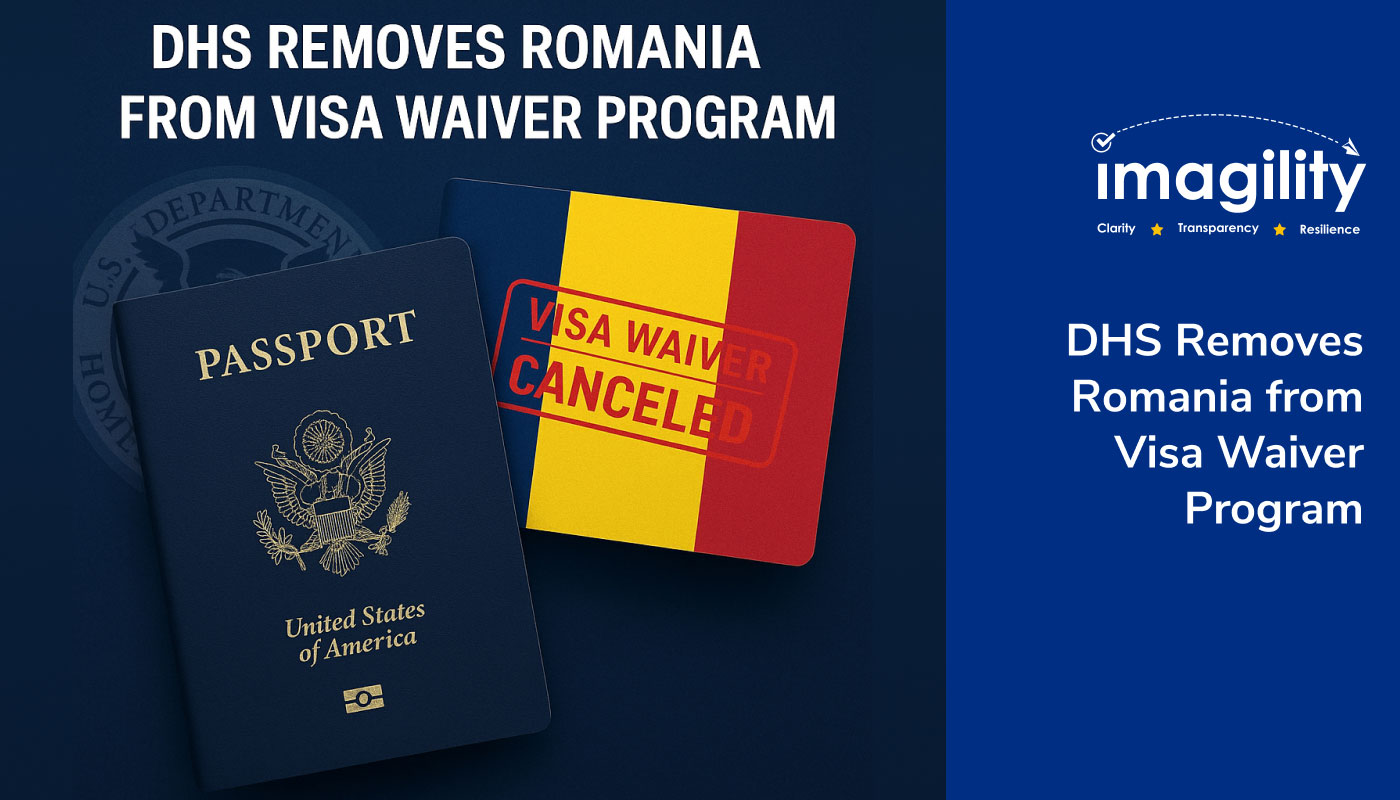Table of Contents
Introduction
H-1B season FY 2024 is around the corner, and it is essential to know the new H-1B visa rules before you apply for an H-1B visa. Whether it is petitioners, beneficiaries, or attorneys, each one has to be aware of the H-1B rules to maximize H-1B visa approvals.
Each year lakhs of aspirants apply for an H-1B visa, but not all make it through to an approved H-1B visa status. There may be several reasons for this, including but not limited to fixed quota, unawareness of the new H-1B visa rules, and effective H-1B story. However, if you keep an eye on the latest H-1B visa rules, you can improve your chances of visa approval.
In this blog, we’ll break down everything you need to know about USCIS’s new H1B visa rules. We’ll cover what the changes mean, how they will affect your application process, and the steps you can take to ensure you comply with the new requirements.
So let’s take a tour of the new H-1B visa rules, h1b extension new rules, h1b specialty occupation new rules, etc., to make sure everything runs smoothly while applying for an H-1B visa.
Latest H-1B Visa Rules
H-1B Visa Registration Rules
According to the Department of Homeland Security’s (DHS) final rule, employers must first enter the applicant’s basic information via the USCIS-designed H1B Registration Tool. USCIS will then use the provided data to initiate the H-1B lottery, as required.
Following the H-1B lottery registration process, the U.S. Citizenship and Immigration Services (USCIS) will inform employers of the selected applicants through online notifications. Employers can then file the H-1B petition only for those candidates selected in the H-1B lottery process. Employers then need to file the H-1B petition with the complete package like LCA, filing fee, and required documents.
H-1B Visa Petition Rules
Employers filing H-1B visa petitions must abide by the regulations set by USCIS. Failure to comply with these regulations may result in the denial of the petition. Let’s look at them below.
- The complex nature of the job requires a skilled professional who has at least a bachelor’s degree or equivalent to that.
- Employers must file an approved ETA-9035 Form (LCA) along with an I-129 form for the application.
- The beneficiary must have valid and required documents/certificates such as proof of address, education, work experience, etc.
- The beneficiary should not have any restrictions about working in the US.
- The H-1B visa is granted for a maximum of six years, post which the beneficiary must depart from the US or change to a different visa status.
The wages for the offered role should not be lesser than those of the workers with the same qualifications and experience in a similar job in the US.
H-1B Lottery based on Wage Levels
In January 2021, the Department of Homeland Security (DHS) published a final rule to begin the H1B Lottery according to wage levels. However, a court case was filed against the law to put a ban or cancel it. In September 2021, the court banned this new H-1B visa rule and declared that the H-1B lottery would happen like in previous years.
H-1B Specialty Occupation new rule
Since an H-1B visa is granted to those skilled professionals who qualify for a specialty occupation, it is crucial to know about any changes in the existing H-1B specialty occupation rule.
A specialty occupation is a job category that requires the theoretical and practical application of a body of specialized knowledge and a bachelor’s degree or the equivalent. It includes jobs from various fields, including IT, finance, science, engineering, medicine and health care, architecture, etc.
As per the regulations, the employer is responsible for submitting a properly filled-out Labor Condition Application (LCA) on Form ETA 9035E. Upon signing the LCA, the employer agrees to various commitments, such as ensuring proper wages, working conditions, and benefits provided to nonimmigrants.
In October 2020, the Trump administration issued an order intended to narrow down the definition of specialty occupation. The purpose was to make sure U.S. companies utilize the visa program to offer real opportunities to real workers instead of selecting foreign candidates merely for reduced labor costs.
The final motto of the Trump administration was to motivate businesses to bring in competent American citizens. According to the proposed rule, a bachelor’s degree was insufficient to comply with a specialty occupation’s definition.
However, On May 20, 2021, USCIS issued a letter confirming that DHS has removed the proposed rule.
How can Imagility help you?
Imagility is an end-to-end immigration software platform that offers an intuitive, user-friendly interface to guide users through the H1-B process. By utilizing advanced machine learning and algorithmic capabilities, the platform enables Petitioners, Beneficiaries, and Attorneys to work together to develop a well-crafted H-1B petition.
The platform Petition Analysis tool pinpoints any potential shortcomings and offers suggestions that can ensure effective petitions, diminishing the probability of Requests for Evidence or denials and increasing the chance of success. This way, Petitioners can efficiently guide their cases through each step of the process while maintaining greater control over every stage.
Imagility offers a range of mobile applications for Petitioners, Attorneys, and Beneficiaries who can stay up-to-date and track their petitions on the go. These mobile applications supplement the Imagility Platform, providing stakeholders with real-time notifications.
You can also download the H-1B Lottery App on Play store and App store today!
Reach out to us for a demo today sales@imagility.co
Call us at +1 603 782 4622/+1 617 865 6588.
For more info, visit us at www.imagility.co

